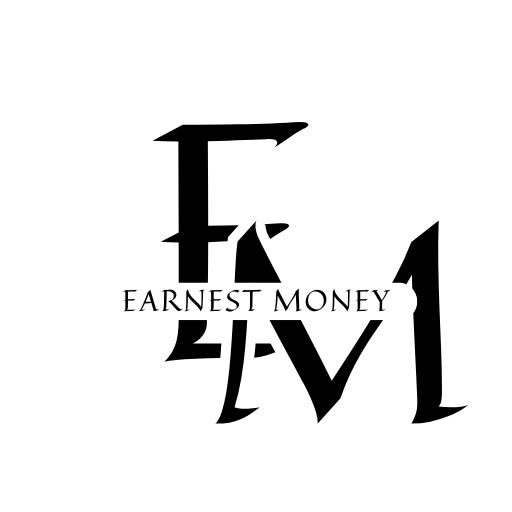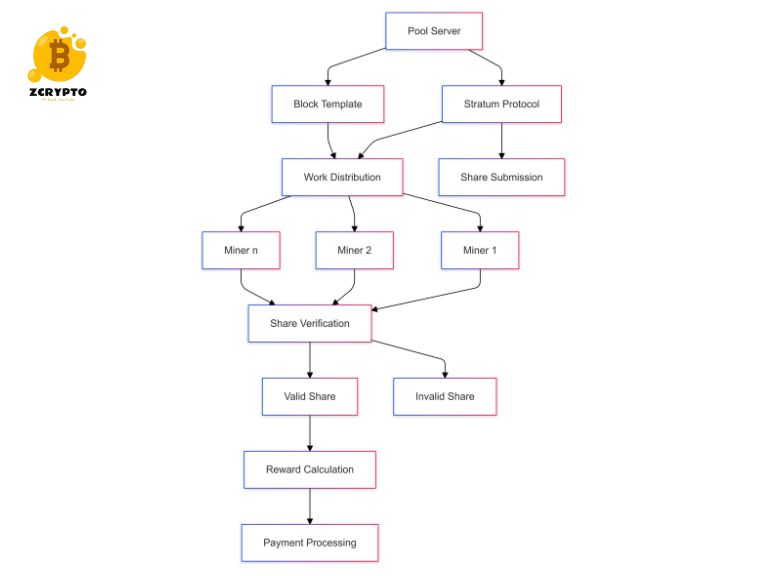Understanding Cyclical Industries
Definition and Characteristics
Cyclical industries are closely tied to the business cycle, which includes phases of expansion, peak, contraction, and trough. These industries thrive during economic expansions when consumer spending is high but suffer during economic downturns when spending decreases. The performance of these industries is highly correlated with the overall health of the economy.
- What is Mining Pool? A Technical Analysis of Collaborative Cryptocurrency Mining
- Unlocking Growth: Comprehensive Financing Solutions for Consumer Goods Businesses
- Understanding EMI: How Equated Monthly Installments Simplify Your Financial Obligations
- Understanding Exempt Income: Key Rules and Limitations for Business and Investment
- Understanding Contra Accounts: How They Impact Your Financial Statements and Business Valuation
Examples of Cyclical Industries
Examples of cyclical industries include consumer discretionary, automobiles, housing, industrials, airlines, and luxury goods. During economic downturns, consumer behavior shifts significantly; people tend to cut back on discretionary spending, affecting these industries profoundly. For instance, car sales plummet during recessions as consumers delay non-essential purchases.
Bạn đang xem: Navigating Cyclical Industries: How Economic Cycles Impact Business Value and Investment Strategies
Impact on Revenue and Stock Prices
The revenues of companies in cyclical industries drop substantially during economic downturns, leading to significant pressure on their stock prices. For example, companies like Ford Motor Co. often see a sharp decline in sales and stock value during recessions compared to non-cyclical companies like Florida Public Utilities Co., which remain relatively stable.
Non-Cyclical Industries: A Comparative Analysis
Definition and Characteristics
Xem thêm : What is Mining Pool? A Technical Analysis of Collaborative Cryptocurrency Mining
Non-cyclical industries, on the other hand, are less affected by economic fluctuations. These industries provide essential goods and services that people continue to need regardless of the economic climate. Examples include utilities, healthcare, and consumer staples.
Examples of Non-Cyclical Industries
Companies in non-cyclical industries such as pharmaceuticals (e.g., Johnson and Johnson), food (e.g., Walmart), and household consumables tend to perform well even during economic downturns. These businesses are less reliant on the business cycle because they offer necessities rather than discretionary products.
Defensive and Growth Non-Cyclical Industries
It’s important to differentiate between defensive and growth non-cyclical industries. Defensive industries like utilities and consumer staples are stable and provide consistent returns regardless of the economic condition. In contrast, growth industries such as technology companies like Apple can continue to grow even in challenging economic times due to their innovative products and strong market demand.
Navigating Economic Cycles: Investment Strategies
Identifying Cyclical and Non-Cyclical Industries
To navigate economic cycles effectively, it’s crucial to identify whether an industry is cyclical or non-cyclical. This can be done by analyzing consumer purchasing behaviors and financial statements. Revenue volatility is a key indicator; industries with high revenue volatility are likely cyclical.
Adjusting Investment Practices
Xem thêm : What is Music NFT? Transforming Artist-Fan Relationships
Investors should adjust their investment strategies according to the stage of the economic cycle. Understanding the business cycle—expansion, peak, contraction, and trough—is essential for making informed investment decisions. For example, investing in cyclical stocks during an economic expansion can yield high returns, but it’s wise to shift towards non-cyclical stocks during a contraction.
Risk Management and Diversification
Risk management and diversification are critical when dealing with cyclical industries. Including non-cyclical stocks in your portfolio can act as a hedge during economic downturns, stabilizing your overall returns. Diversification helps spread risk across different types of industries, ensuring that your portfolio remains resilient through various economic conditions.
Case Studies and Historical Examples
Performance During Economic Downturns
Historical examples illustrate how different industries perform during economic downturns. The 2008 Global Financial Crisis saw significant declines in cyclical industries such as automobiles (e.g., Ford Motor Co.) while non-cyclical industries like utilities (e.g., Florida Public Utilities Co.) remained relatively stable.
Success Stories in Non-Cyclical Industries
Companies in non-cyclical industries have often outperformed the market during economic slowdowns. For instance, Johnson and Johnson and Walmart continued to thrive during the 2008 crisis due to their stable demand for essential goods and services.
Nguồn: https://earnestmoney.skin
Danh mục: Blog


















